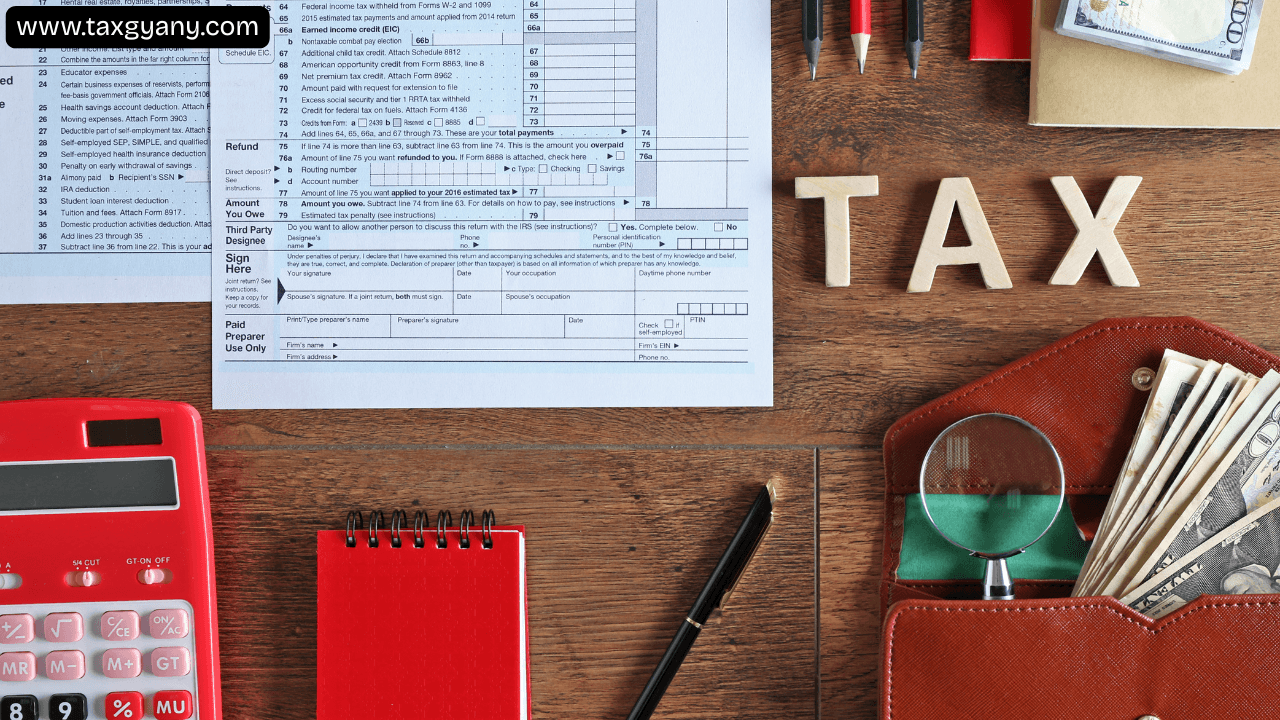How to Prepare Books for Tax Audit under Section 44AB: A Practical Guide for Business Owners
📜 A Short Story – Meet Ravi the Business Owner
Ravi owns a small trading business in India. His turnover last year was ₹1.6 crore.
When his CA told him he needs a Tax Audit under Section 44AB, Ravi panicked.
“What books do I need? Will there be penalties? How do I get everything in order?”
If you’re like Ravi, don’t worry.
In this blog, let’s break down what Section 44AB requires, which books you must keep, supporting documents, best practices, and common mistakes to avoid.
This guide is perfect for business owners, professionals, and accountants looking to stay compliant for AY 2025-26.
✅ What is Tax Audit u/s 44AB?
Section 44AB of the Income Tax Act, 1961 mandates a Tax Audit for certain businesses and professionals:
Business: Turnover exceeds ₹1 crore in a financial year.
Profession: Gross receipts exceed ₹50 lakh.
Presumptive Taxation: Opted under Sections 44AD, 44ADA but declaring income below the deemed rate (and income exceeds basic exemption limit).
A Chartered Accountant performs the Tax Audit and files the Audit Report (Form 3CA/3CB & 3CD) on the Income Tax Portal.
⚠️ Penalty: If you don’t get your accounts audited when required, penalty = 0.5% of turnover (up to ₹1,50,000).
📌 Why Are Books of Account Important?
Maintaining proper books isn’t just a rule. It’s essential because:
✅ CA needs them for Audit.
✅ Tax Department may scrutinise them.
✅ GST Department checks them for ITC match.
✅ Banks and investors ask for them.
✅ Without them, you risk penalties and disallowances.
📚 Which Books of Account Should You Maintain?
Here’s a simple checklist:
✅ Cash Book & Bank Book – Daily cash and bank transactions.
✅ Sales Register – All sales invoices with GST details.
✅ Purchase Register – All purchase bills with GST credits.
✅ Expense Ledger – Detailed recording of operational expenses.
✅ Debtors & Creditors Ledger – Amounts receivable and payable.
✅ Stock Register – Opening, closing, purchases, sales.
✅ Fixed Asset Register – Details of assets bought, sold, depreciated.
✅ GST Returns & Reconciliation – GSTR-1, GSTR-3B, GSTR-9 match with books.
✅ TDS Payment Proofs – Challans and returns.
✅ Bank Statements (All Accounts) – For full transparency.
📜 Important Supporting Documents to Keep
Apart from the ledgers, your auditor will ask for proofs:
✅ Sales & Purchase Invoices.
✅ Expense Vouchers (rent, utilities, transport).
✅ GST Payment Challans.
✅ TDS Challans & Returns (Form 26Q, 24Q).
✅ Loan Agreements, OD account statements.
✅ Salary Register & Payslips.
✅ Annual GST Return (GSTR-9).
✅ Income Tax Payment Receipts.
👉 Tip: Keep physical and digital copies well-organized.
🧠 Best Practices for Book Preparation
✅ Do monthly GST 2B vs Purchase Register reconciliation.
✅ Record all receipts and payments through the bank.
✅ Use accounting software (Tally, Zoho Books, Busy) for accuracy.
✅ Perform year-end stock verification and match with register.
✅ Make timely GST and TDS payments to avoid interest and penalties.
✅ Avoid cash payments exceeding ₹10,000 (disallowed under Income Tax).
⚠️ Common Mistakes to Avoid
❌ Unrecorded cash sales.
❌ Inflated or fake expenses.
❌ Missing bank entries.
❌ GST ITC claimed without matching purchase invoices.
❌ TDS deducted but not deposited on time.
❌ Ignoring petty cash expenses.
These mistakes can lead to:
Audit qualifications.
Disallowances.
Penalties under Income Tax and GST.
📌 What Will the Tax Auditor Do?
A Chartered Accountant will:
✅ Examine all ledgers and vouchers.
✅ Verify GST and TDS payments.
✅ Check compliance with accounting standards.
✅ Fill Form 3CD with details of expenses, payments, loans.
✅ Prepare and upload Audit Report (Form 3CA/3CB & 3CD) on the Income Tax Portal.
✅ Share observations about any non-compliance.
🏁 Conclusion
Preparing for a Tax Audit under Section 44AB may sound daunting – but with the right records and discipline, it’s smooth.
Remember:
✔️ Keep books updated.
✔️ Preserve supporting documents.
✔️ Avoid cash transactions over ₹10,000.
✔️ Match GST and TDS records.
✔️ Consult a Chartered Accountant.
Good preparation = No fear of Audit.
🌟 Moral of the Story
“Organised books are not just a requirement, they’re a business asset. Good records save money, time, and stress during Audit.”
📞 Need Help? Talk to Us!
✅ Taxgyany is here to help you with Accounting, GST, TDS, and Tax Audit preparation.
📞 Call/WhatsApp: 730 430 7888
🌐 www.taxgyany.com

